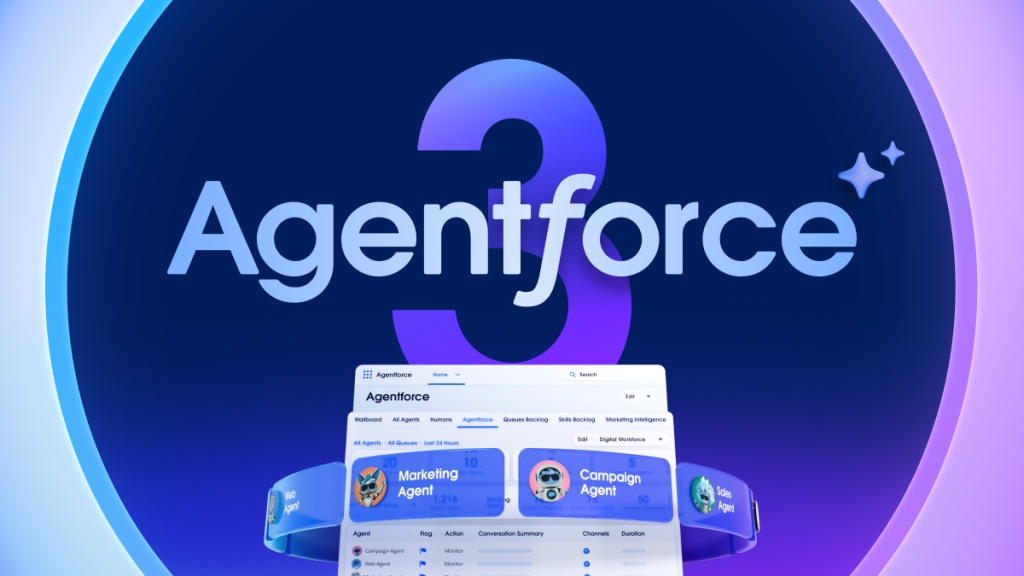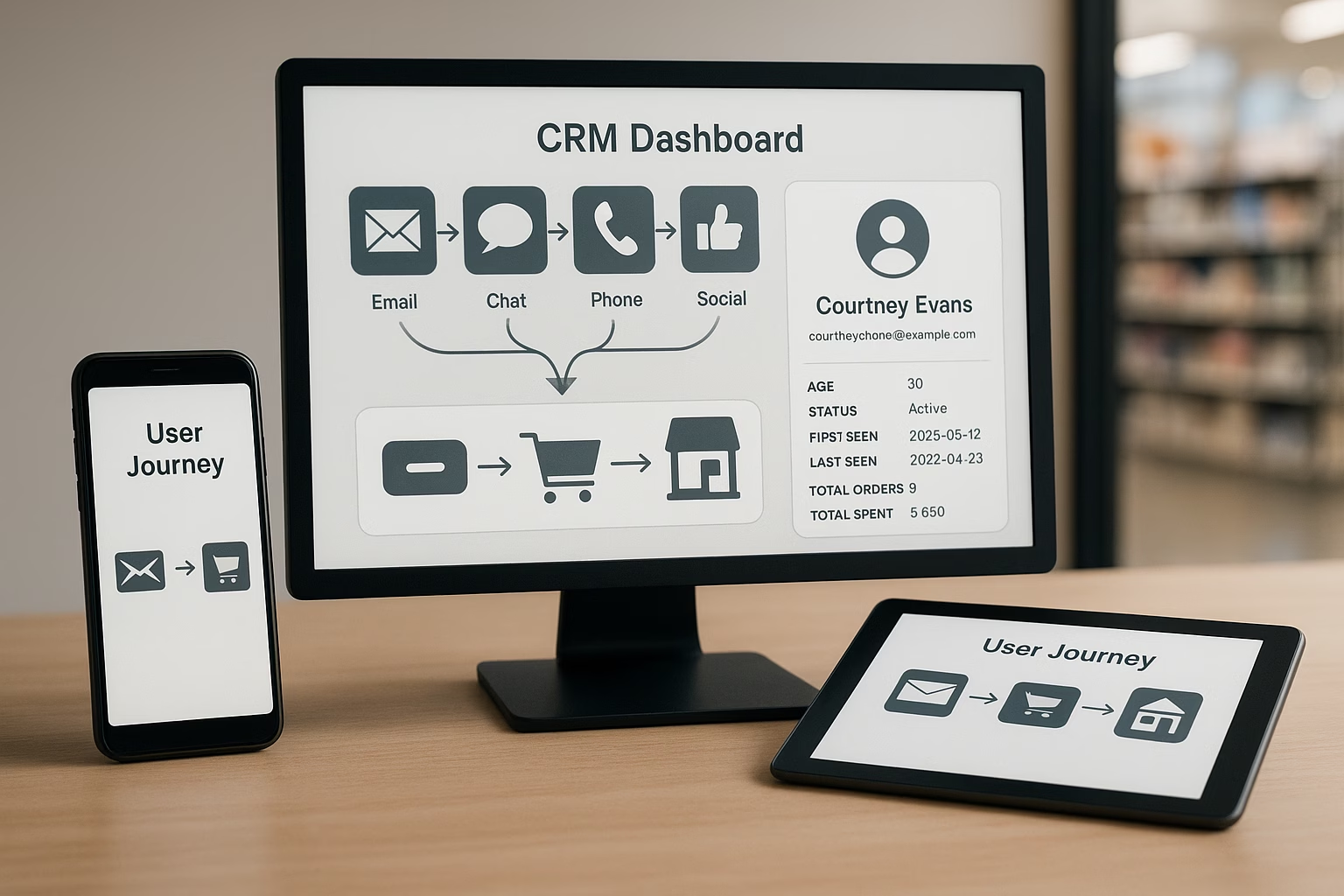At Sirocco Group, we’ve seen firsthand how the conversation around remote work continues to evolve. Some organisations are calling employees back to the office full-time, while others have embraced fully remote models. Most, however, are landing somewhere in the middle, recognising that a hybrid approach offers a balance between flexibility and collaboration. Our partners reflect this diversity, too. Salesforce has implemented a structured hybrid model, Microsoft allows remote work for up to half the time, and HubSpot gives employees the flexibility to choose between remote, hybrid, or in-office work.
The case for working from home
There’s no denying the advantages of remote work. Many employees appreciate the flexibility, improved work-life balance, and the ability to focus without office distractions. Research, including a study from Stanford, has shown that remote workers can be 13% more productive. A survey by Owl Labs found that 90% of remote workers report equal or higher productivity at home compared to the office, with fewer interruptions and more control over their work environment. For businesses, it also broadens the talent pool, allowing access to skilled professionals regardless of location.
However, remote work has its challenges. Without in-person interactions, collaboration can be more structured and less spontaneous. New hires often find it harder to integrate into company culture, and career progression may still be influenced by visibility in the workplace. Additionally, a Buffer report on remote work found that 20% of remote employees struggle with loneliness, and 17% find it difficult to unplug after work, which can lead to burnout. Beyond that, maintaining strong relationships virtually isn’t always easy. Digital communication, no matter how well executed, lacks the nuance of face-to-face discussions that help build trust and cohesion. HubSpot recognises this challenge and has built flexibility into its model, allowing employees to decide how they work best while ensuring strong virtual engagement strategies.
Some of our own people work remotely—especially when their home is far from an office. But they make an effort to travel in for important events, customer interactions, and team-building activities. This helps maintain personal connections and ensures that remote work doesn’t come at the expense of collaboration.
The case for returning to the office
Despite the benefits of remote work, the office still plays a crucial role. In-person collaboration fosters creativity, strengthens relationships, and speeds up decision-making. At Sirocco, we’ve seen that being together in the same space allows for more organic problem-solving and mentorship, helping to drive innovation and professional development, as well as strong bonds between delivery team members. Research by the Harvard Business Review found that teams working in close proximity solve problems 32% faster than those collaborating remotely, showing the impact of face-to-face interaction on efficiency.
Office environments also cultivate relationships in a way that virtual meetings cannot fully replicate. Casual conversations, shared experiences, and non-verbal communication all contribute to a strong company culture. These interactions create a sense of belonging and support teamwork, which is essential for long-term success. According to Gallup, employees who have a best friend at work are seven times more likely to be engaged in their jobs, underscoring the importance of in-person relationships.
Many companies, including Salesforce, encourage employees to be in-person for key collaboration days, recognising the role of face-to-face interaction in fostering innovation. That said, a rigid, full-time office model doesn’t suit everyone. Long commutes, inflexible schedules, and unnecessary office presence can be frustrating for employees who have proven they can work efficiently from home. Microsoft’s flexible approach acknowledges this, offering employees up to 50% remote work while maintaining in-person touchpoints for team cohesion.
Why hybrid models make sense
For many organisations (including our own), hybrid work offers the best of both worlds. Employees gain the benefits of remote flexibility while maintaining the critical face-to-face connections that drive collaboration and culture. It ensures teams stay engaged, not just through structured meetings but through the kind of informal interactions that spark creativity and trust.
Hybrid models also support a balance between productivity and professional relationships. Employees can focus on deep work remotely while still having opportunities for in-person mentorship and collaboration. Studies have shown that employees working in a hybrid model report greater job satisfaction than those working fully remotely or entirely in-office. A McKinsey study found that 58% of employees prefer a hybrid work model, with a significant majority citing flexibility as a key factor in their overall job satisfaction.
At Sirocco, we also understand that our customers have their own guidelines around remote and in-office work. Our consultants are adaptable and accustomed to working within different structures, whether fully remote, hybrid, or on-site as needed. This flexibility ensures we can meet the needs of different industries and company cultures without disrupting workflows.
With companies adopting different variations of hybrid and flexible models, it’s clear there is no single ‘right’ way forward. The best approach depends on company needs, industry requirements, and employee preferences. What we do know is that the future of work isn’t about choosing one extreme or the other. It’s about finding a balance that works for businesses and their people. If you want to bounce ideas for your operations, why not contact us? We help companies from 3 angles: Technology, Processes & People.










